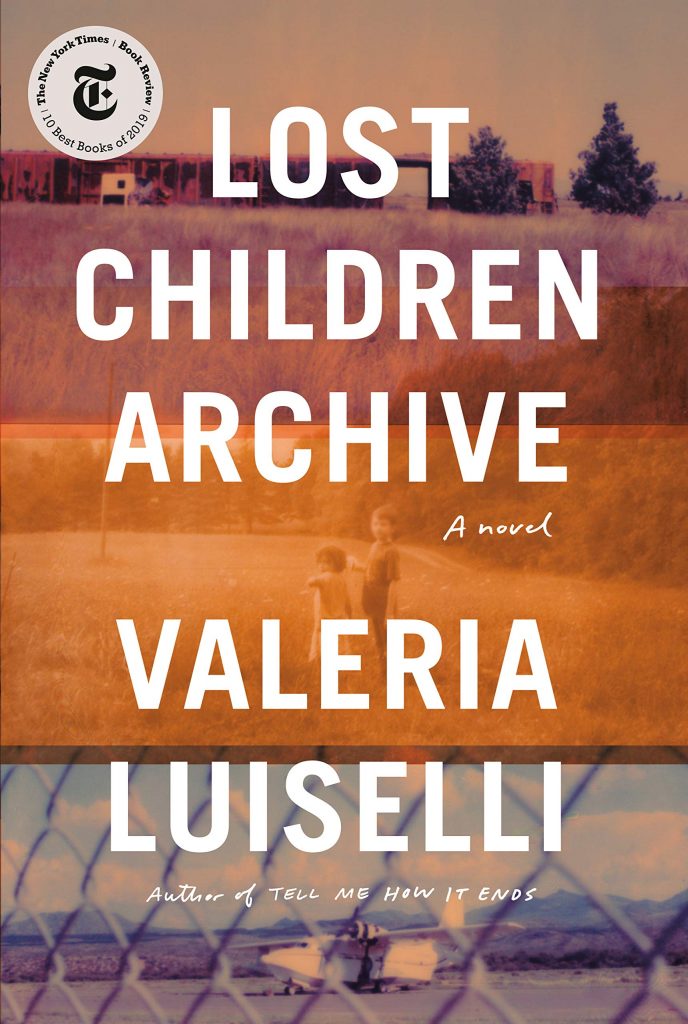
“Desierto sonoro, tercera novela de Valeria Luiselli, combina lo mejor de dos grandes tradiciones literarias, la del viaje y la del éxodo: trasiega por el asfalto y atraviesa horizontes desérticos, se detiene en moteles de carretera y penetra en los territorios íntimos de sus personajes, ofreciendo con precisión una serie de instantáneas que retratan las infinitas capas del paisaje geográfico, sonoro, político y espiritual que conforman la realidad contemporánea. Un relato conmovedor y necesario que muestra la fragilidad con que se definen los lazos familiares, indaga en la manera en que documentamos nuestras existencias y pasamos las historias de generación en generación, y se pregunta qué significa ser humano en un mundo cada vez más deshumanizado.”
“[…] or maybe we were an impulse to allow the moment, which felt like the beginning of something, to leave a trace. After all, we’d trained our minds to seize the recording opportunities, trained our ears to listen to our daily lives as if they were raw tape. All of it, us and them, here and there, inside and outside, was registered, collected, archived.” (p.12)
“Sound and space are connected in a way much deeper than we usually acknowledge. Not only do we come to know, understand, and feel our way in space through its sounds, which is the more obvious connection between the two, but we also experience space through the sounds overlaid upon it.” (p. 39)
“What does it mean to document something, an object, our lives, a story? I suppose that documenting things –through the lens of a camera, on paper, or with a sound recording device– is really only a way of contributing one more layer, something like soot, to all the things already sedimented in a collective understanding of the world.” (p. 55)